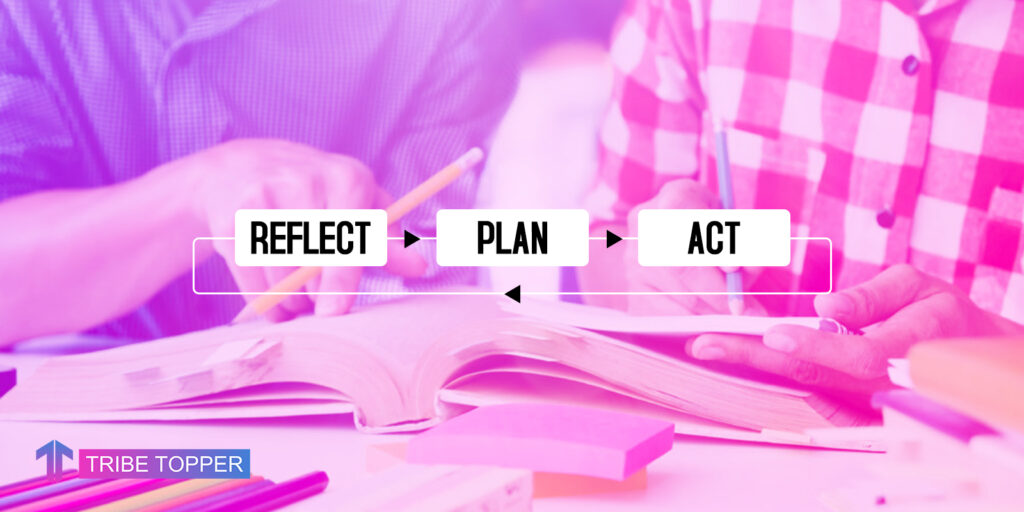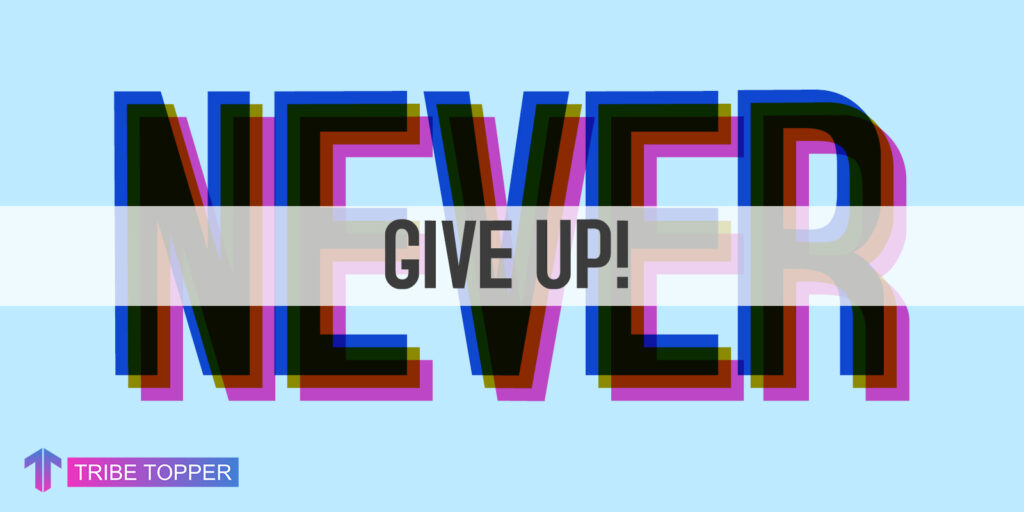“Physics is a tortured assembly of contrary qualities: of scepticism and rationality, of freedom and revolution, of passion and aesthetics, and soaring imagination and trained common sense.” Leon M Lederman (Nobel Prize for Physics, 1988)
Like all my friends reading this article, I love Physics. Oops (not all the people reading love physics) was a physics joke (HaHa). Anyway, exams are around the corner, and we all have to study Physics and get a 7. Most of the time, my students ask how we should revise IB Physics quickly. So here is the action plan, dear students.
- Map it out:
Students, exams are approaching fast, and time is slipping away. No problem.
The first step is to do a mind map on what and how we need to do it.
Divide your available number of days with the number of topics in your syllabus. So you have an idea of how much time you want to spend on each topic.

- Prioritize:
Now that you know how much time you have for each topic.
There are 12 topics in IBHL Physics. The highest weightage stands for Topic 2 Mechanics, and the second-highest weightage stands for topics 3, 4, and 9, Waves and Oscillations. Try to start from topic 2, then cover topics 3, 4, and 9, respectively. After that, follow the order:
Topic 5 and 11, then 6 and 10, followed by 8, 7, and 12.
- Stay Motivated:
Oh boy – I don’t want to study…. These kinds of negative thoughts keep on coming into our minds. Try to stay away from them. Before we start, the best way is by pasting your favorite inspirational quotes in front of your study desk. So that the moment you feel low or discouraged, you look at them and get back to work. My favorite quote is –
- Plan :
Now comes the planning part. These are some of the steps you should follow.
- Quick revision:
Go through the quick revision notes. These notes can be either handwritten or try to grab some from IB Physics-related websites like TribeTopper.com, which provides the key concepts. Read all important definitions, laws, and important rules in every chapter. It would be best if you remembered some formulae, so write down important formulae of each chapter on different sheets and paste them on the study table, cupboards, or all the places you get to see most often during the day.
- Application:
Now learn to apply these formulae and rules in mathematical problems. First, try to understand a few solved examples, and then following the examples, try to solve some problems on your own.
This helps you learn and apply all the basic concepts you have learned in each topic. K.A. Tsokos and Oxford are two essential books for solving mathematical problems.
- Solved Past Papers:
Try to get some detailed solutions for the past papers, which will give you a better idea of all solutions. After practicing from the book, solve all the past paper questions for each topic because those are the most important ones, and by solving the topic-wise question banks, you get a deeper insight into the topic. Also, this gives you an idea of more important ones.
- Mock it out:
Once all topics are covered, don’t forget to solve at least 4 past papers each of Paper 1 and Paper2. You can pass paper solutions from tribe topper
- Develop the competition spirit:
Try to give yourself that time pressure at home to get used to it and learn how to manage your time ideally. Try to form a group of a few friends and exchange your discussions. In the end, solve mock papers for paper 1 and paper 2 in a fixed time interval with the help of a stopwatch, and all friends do it together.
- Self-Analysis:
Now check the papers you have solved for each other and analyze your mistakes because self-analysis is the important key to improvement. You can also go to tribe topper and do topic-wise quizzes tests.
If you try to do all these steps, then success will come to you.

Hi, I am Adam Smith, Admin Of TechSketcher, Creative blogger and Digital Marketer.
